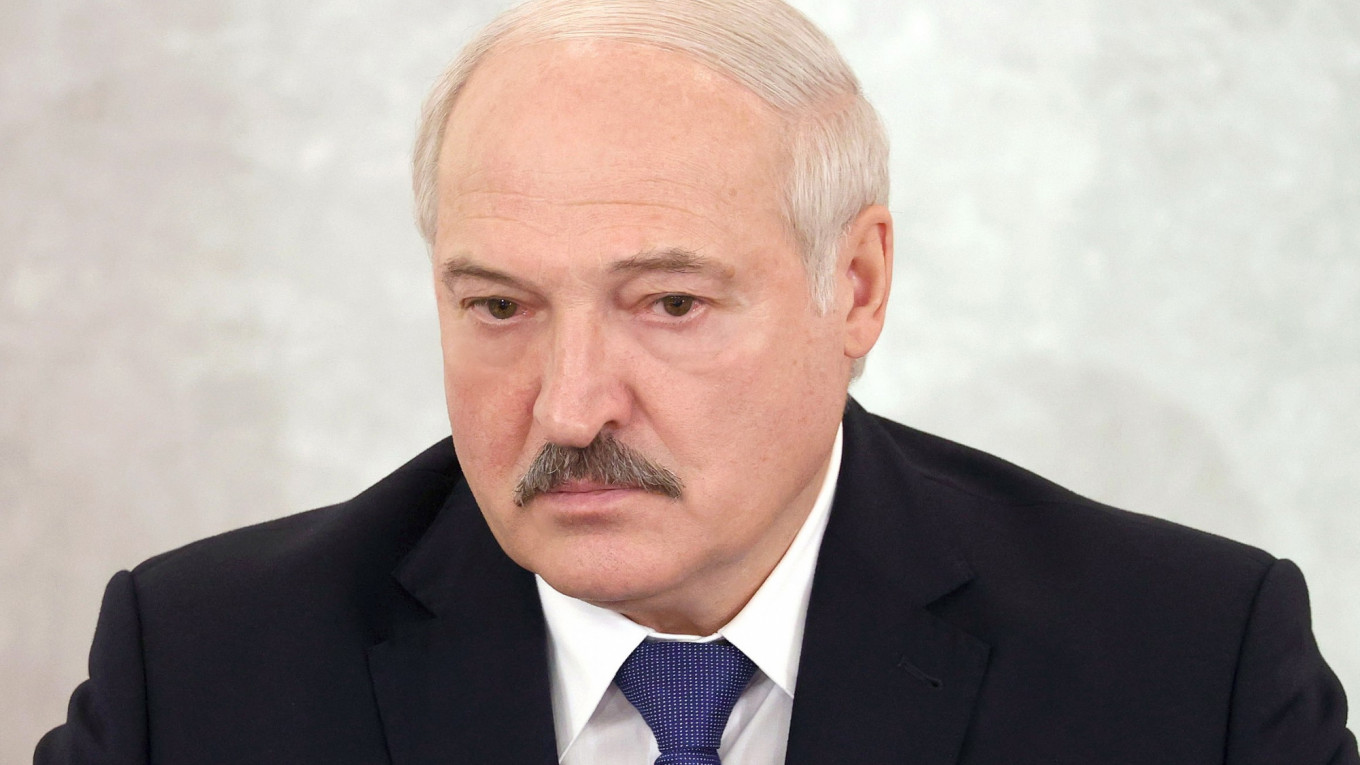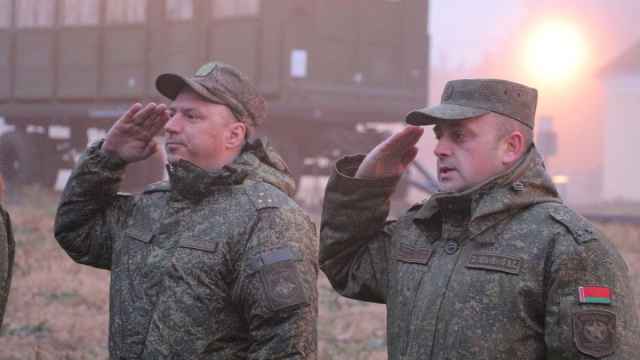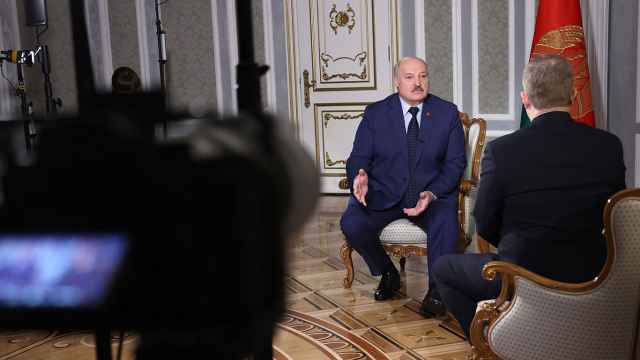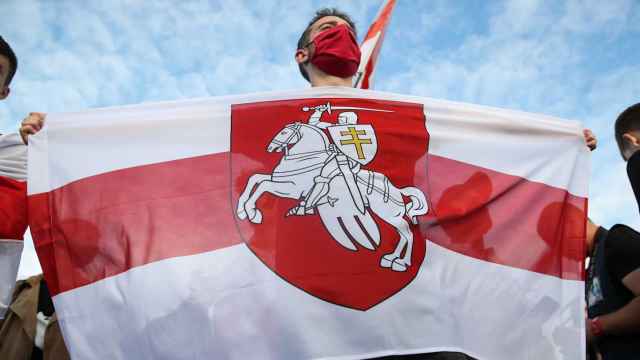Belarus on Friday jailed 11 university students and raided the homes of 18 journalists in a continuing crackdown on the opposition by President Alexander Lukashenko's regime.
A court in the authoritarian country sentenced 10 students and a teacher to two years and six months in prison on charges of violating public order. Another student was given two years.
They were detained in November last year after mass anti-Lukashenko protests broke out over the longtime leader's claim to have won a sixth term in an August presidential election.
Also on Friday, authorities raided the homes of over a dozen journalists, detaining at least three of them.
Authorities in the ex-Soviet country are in the midst of a months-long effort to crush remaining pockets of dissent.
The jailing of the students and raids of journalists' homes comes two days after Belarus searched a dozen human rights organizations, which the UN's rights chief condemned as "completely unacceptable."
The students — who have been expelled from their various Minsk universities — have all been declared political prisoners by local rights group Vyasna.
A group of their supporters and some foreign diplomats came to the court, but were not let in.
"I am hurt but not scared," one of the students, Anastasiya Bulybenko, said in court according to an independent journalist.
"We are the future generation of tolerance and freedom, the future of this country," she said.
Ilya Trakhtenberg, a student of the Belarusian State University, said it was "obvious" that the sentence was aimed at "suppressing the protest movement."
"I remain a free person, because I am able to think independently," he said in court.
University students were often at the forefront of last year's protests and Amnesty International said in a report earlier this year that several hundred were detained and fined, and more than 150 expelled from their schools.
'We were waiting for this'
"I admire their courage and strength," said exiled opposition leader Svetlana Tikhanovskaya, who is due to begin a visit to Washington this weekend.
One of the students, Alana Gebremaryan, is Tikhanovskaya's youth representative.
The same day, the Belarusian Association of Journalists listed the names of 15 journalists across the country whose homes had been searched.
U.S.-funded Radio Free Europe/Radio Liberty was the main target of the raids, with security services raiding the homes of several of its journalists and detaining at least one.
RFE/RL journalist Oleg Gruzdilovich was detained after a search at his home, his wife wrote on Facebook.
"Oleg was taken away in handcuffs," Marianna Gruzdilovich said, adding that nine officials took part in the raid.
"We were waiting for this every day," she added.
According to a company renting an adjacent office, over a dozen security officials broke down the door to the U.S.-funded media's offices.
The opposition channel Belsat reported two of its journalists were detained after their homes were searched.
Searches also took place outside Minsk, with journalists reporting raids in the western cities of Brest and Grodno.
Earlier this week the country's notorious KGB searched the offices of a dozen human rights and opposition groups across the country, detaining activists.
Ten of them are still in prison, according to Vyasna, a prime target in the raids.
"For the third day in a row, security forces attacked human rights defenders, journalists and activists," Vyasna said.
In a meeting with Russian President Vladimir Putin earlier this week, Lukashenko vowed to "find and bring to justice" all of his country's "wretched NGOs."
The long-serving authoritarian leader, who sparked mass protests by claiming to have won a sixth presidential term in an election last year, has drawn condemnation from the West whose leaders say the vote was not free or fair.
A Message from The Moscow Times:
Dear readers,
We are facing unprecedented challenges. Russia's Prosecutor General's Office has designated The Moscow Times as an "undesirable" organization, criminalizing our work and putting our staff at risk of prosecution. This follows our earlier unjust labeling as a "foreign agent."
These actions are direct attempts to silence independent journalism in Russia. The authorities claim our work "discredits the decisions of the Russian leadership." We see things differently: we strive to provide accurate, unbiased reporting on Russia.
We, the journalists of The Moscow Times, refuse to be silenced. But to continue our work, we need your help.
Your support, no matter how small, makes a world of difference. If you can, please support us monthly starting from just $2. It's quick to set up, and every contribution makes a significant impact.
By supporting The Moscow Times, you're defending open, independent journalism in the face of repression. Thank you for standing with us.
Remind me later.






